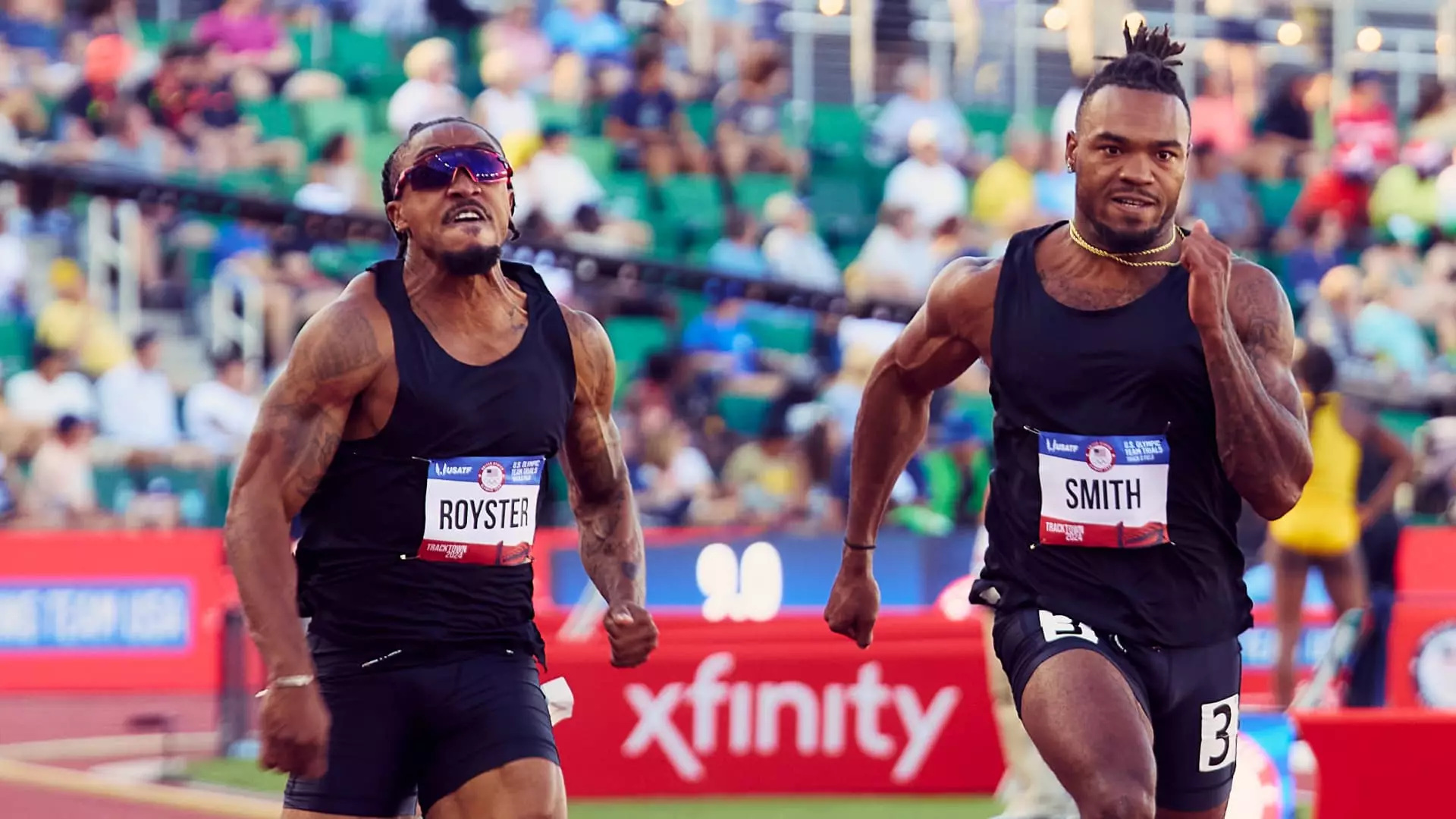The U.S. Track & Field Olympic Trials have been witnessing a different breed of athletes this year – unsponsored ones. These 35 athletes are part of Bandit Running’s Unsponsored Project, where they defy the traditional sponsorship model by donning all-black, logo-less gear. This initiative challenges the norm where athletes are expected to promote major brands by buying their apparel. Bandit Running provides these unsponsored athletes with unbranded kits, warm-ups, short-term endorsement deals, and financial support. This unique approach aims to offer a fresh perspective to athlete sponsorship and support the growth of emerging talents.
Bandit Running’s co-founder, Tim West, envisions a revamped sponsorship model, where brands allocate a portion of their budget to support amateur and sub-elite athletes. By nurturing talent at the grassroots level, West believes that the entire sport can benefit. The two-week endorsement deals offered by Bandit Running come with a release clause, allowing athletes to transition to traditional sponsorships if presented with an opportunity. This flexibility provides athletes with the necessary support without tying them down to long-term commitments.
One of the athletes under the Unsponsored Project is Courtney Okolo, a 400-meter runner and former Nike-sponsored athlete. Despite her past success, Okolo acknowledges the financial challenges of competing without a sponsorship. Bandit Running’s support has given her a sense of community and assistance during her endeavors. The expenses associated with training, travel, and competition can be overwhelming for unsponsored athletes, making initiatives like the Unsponsored Project invaluable in their pursuit of athletic excellence.
Brandee Johnson, a 26-year-old unsponsored track athlete, exemplifies the struggle faced by many aspiring Olympians. Working multiple jobs while dedicating hours to training, Johnson embodies the determination and perseverance required to chase Olympic dreams. Joining the Unsponsored Project has provided her with a platform to thrive while contributing to a cause that uplifts fellow athletes. This alternative avenue to sponsorship has allowed Johnson to focus on her goals without the financial burden that often accompanies elite-level competition.
The emergence of unsponsored athletes and initiatives like Bandit Running’s Unsponsored Project signals a shift in the traditional sponsorship landscape within track and field. By offering opportunities, support, and visibility to athletes regardless of their current sponsorship status, new avenues for talent development and success are being paved. As more athletes embrace unconventional sponsorship models, the future of track and field sponsorship may see a paradigm shift towards inclusivity, empowerment, and community support.

